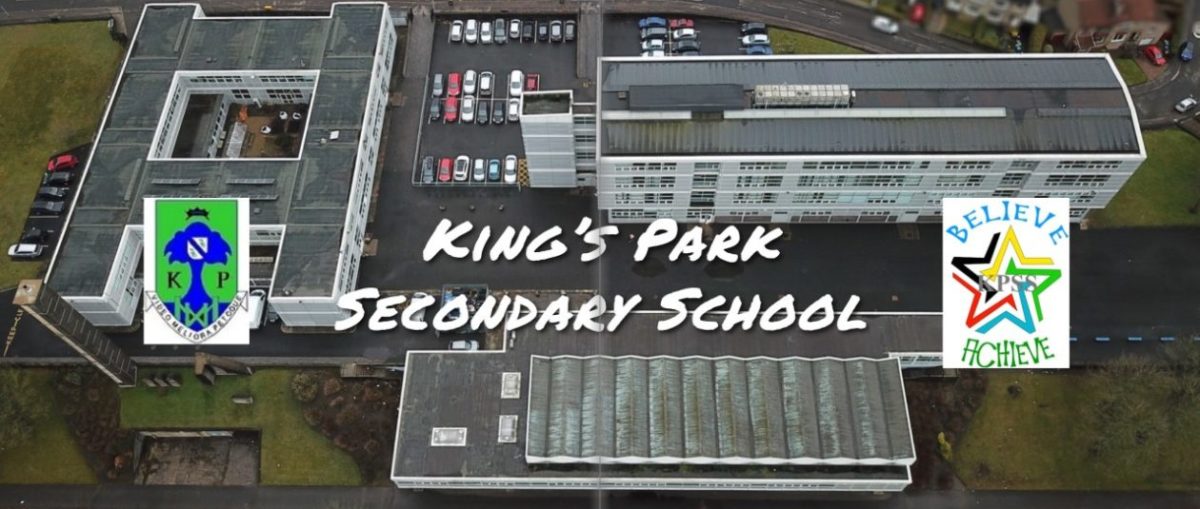How can we understand the world we live in without History? Current political and international issues cannot be fully understood without an appreciation of their roots in the past. To understand the society and world of today – you need to study History. History also develops a wide range of skills – powers of critical thinking, better use of language, improved writing skills.
National 4/5
The National 4/5 course enables learners to acquire knowledge and understanding, evaluate historical sources, be able to explain the impact of historical developments, analyse factors contributing towards historical developments and draw reasoned conclusions.
National 4 & 5 courses have 3 distinct units:
* A British topic – The Atlantic Slave Trade, 1770 – 1807
* A Scottish topic – The Era of the Great War, 1910 – 1928
* A European and World topic – Hitler and Nazi Germany, 1919 – 39
Higher History
Entry Requirements
The Higher course consists of 3 units:
This is a source-handling unit and consists of answering questions based on a set of sources.
An essay has to be written on 1 of the topics covered.
An essay has to be written on 1 of the topics covered.
Advanced Higher History
Entry Requirements
The Advanced Higher course studies – Germany: From Democracy to Dictatorship, 1918-39.
Assessment
At National 4 the course assessment consists of 2 components: an end of unit assessment for each unit must be passed and an Added Value Unit (a research project).
At National 5 there is an assignment worth 20% of overall grade along with an exam (2h 20m). At Higher there are two question papers worth 80 marks in total and an assignment worth 30 marks.
At Advanced Higher the course consists of 2 components: a dissertation worth 50% and a final exam paper.
Progression
Employers know the skills you have learnt in History will equip you well in whatever line of work you take up. History is seen as a valuable qualification in many jobs – Lew, Journalism, Broadcasting, Accountancy, Architecture, the Civil Service, Libraries, and Museum Service. Higher History is a valued entrance qualification for any course at University or College. History can also create an interest and enjoyment which stays with you throughout your life.

